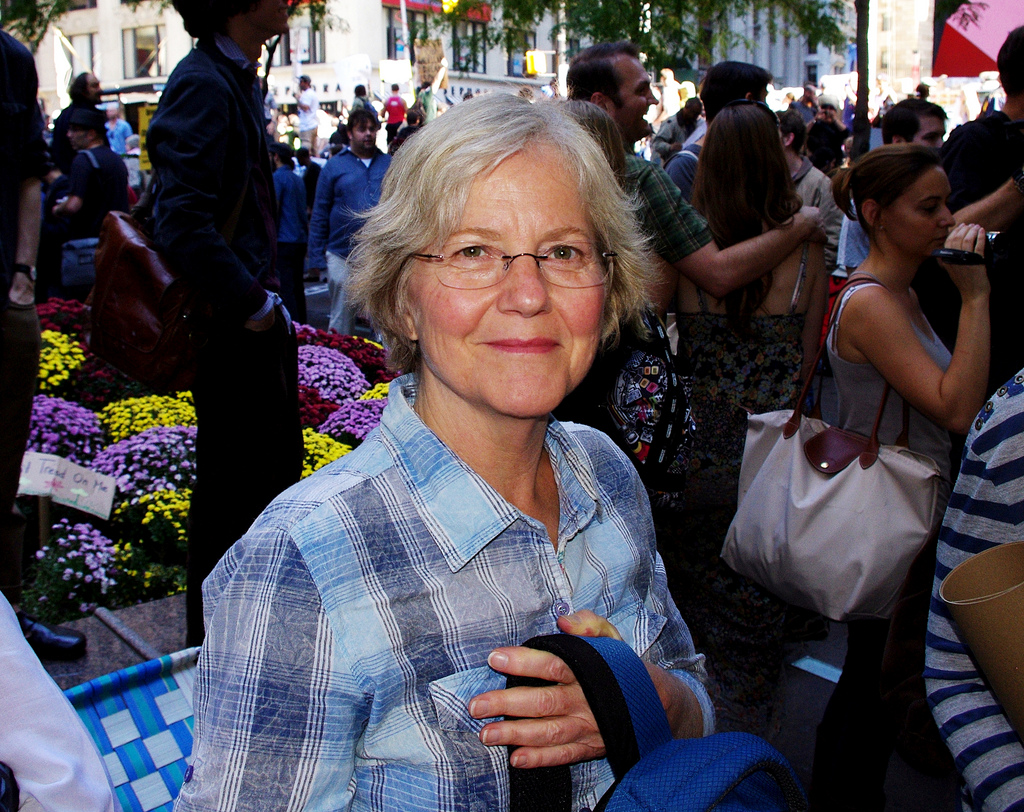Where The Needs Of Others Come First · Available 24x7 For Emergencies

Diet Tips From the Geriatric Care Manager in Oceanside
What are your senior loved one’s eating habits like? Maybe he enjoys three square meals a day, always at precisely the same times. Or perhaps he prefers to have a hearty breakfast, then simply snack throughout the rest of the day. If he’s lived alone for a long time, he may have lapsed into thinking about meals only when his stomach reminds him that he hasn’t eaten in a while! Whatever your elderly loved one’s dining preferences, the geriatric care manager in Oceanside suggests that his food intake be spaced fairly evenly throughout the day to maximize the food’s nutritional benefit.
Help the Body Do Its Work
The human body is an unbelievably complex system, and often it is difficult for us to understand why certain practices are healthy or unhealthy. When it comes to new recommendations that nutrition should be spread out instead of concentrated on one meal, however, things seem clear enough. The body is only designed to handle a certain maximum of any one nutrient at a time—the extra is discarded as waste or stored away in the body for later use. That’s why a large amount of fat consumed in a single meal goes straight to the waistline!
If a senior gets his total daily recommendation of protein in any given day, but he takes in 70 percent of that amount at supper, his body is probably discarding the “extra” protein from that meal and he may actually not be getting enough in total. Redistributing that protein across all three regular mealtimes will ensure that he gets its full benefit.
What’s In Those Meals?
Eating at the right times might be the easiest part of establishing good nutritional habits. The harder part is creating meals that are filled with the right balance of vitamins, minerals, protein, and fat. Senior nutrition differs from the standard dietary guidelines, so it is best to compose a nutritional plan with the assistance of a doctor and a geriatric care manager in San Diego County.
In general, seniors should avoid prepackaged foods as much as possible, since they are heavy on preservatives, artificial components, and sodium. Unfortunately, these are also the most convenient options for seniors who live alone and can not get around in the kitchen as easily as they used to. If a family member of professional caregiver can shop for and prepare fresh foods, meals will be much healthier.
Meal Planning With the Geriatric Care Manager in San Diego County
Your senior’s doctor may also recommend nutritional supplements as a convenient way to ensure that he is getting his full daily dose of protein, vitamins, and other critical building blocks of the body. Because these supplements often supply large doses of nutrients, be sure to treat them like prescriptions and avoid double-dosing!
Photo by david_shankbone 
Originally posted 2014-07-22 10:30:23.
